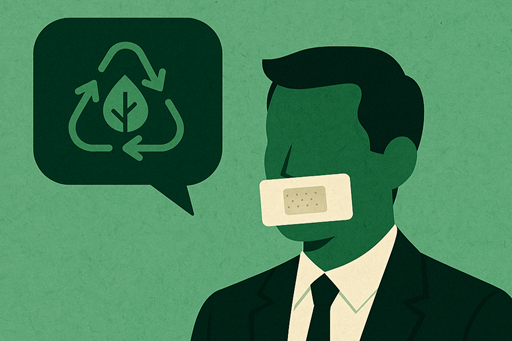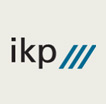Dialogue as the key to communicative success. How to achieve a constructive dialogue with stakeholders?
Dialogue is regarded as a key ideal of responsible public relations. However, more often than not companies only speak about dialogue without implementing it properly. We show why organisations must rely on dialogue-oriented communication strategies, especially in the political super-election-year 2024.
2024 will be a politically exciting year: in addition to the regional elections in Vorarlberg and Styria, the EU elections will take place in June and the Austrian National Council elections are expected to be held shortly afterward. Important international votes are also on the horizon, such as the presidential and parliamentary elections in the USA, Russia, the UK, India, and Mexico. Thus, in the super-election-year of 2024, we can expect numerous heated debates and influential decisions that will shape the future of Austria, Europe, and the world.
Although the tone in political discourse is often rougher, the importance of dialogue-based communication for the constructive exchange of interests, opinions, and arguments is especially evident in turbulent times like these. This is particularly true for companies that frequently interact with public and political stakeholders. Thereby, ideals of dialogue and understanding are central components of responsible public relations. Although in many organisations there is generally a commitment to dialogue-oriented PR, its practical implementation is often lacking due to wrong attitudes and approaches inside organisations. To conduct a dialogue that is beneficial for everyone involved, it is necessary to follow key principles.
Ethical principles of conducting dialogue
Historically speaking, the importance of public and interpersonal discourse can be traced back to Jürgen Habermas’ theory of communicative action. This comprehensive philosophical work provides relevant insights on handling social discourses. These principles can also be applied to the field of public relations. According to Habermas, dialogues should primarily strive for understanding and enlightenment instead of pursuing persuasion or even deception. Therefore, truth, truthfulness (honesty), and normativity (in accordance with recognised values and norms) are therefore the basic principles for creating a so-called “ideal speech situation”.
Dialogue creates trust
For PR, these principles imply that the exchange with stakeholders should not be guided exclusively by one’s interests, but must also be oriented towards the needs of the respective dialogue partners. This is particularly evident in critical interviews and enquiries from journalists. To master these interactions, it can be helpful to suspend your agenda occasionally and instead fully engage with the questions and needs of the interviewer. However, it is legitimate not to answer certain questions as long as appropriately justified. This open, appreciative attitude not only creates an ideal atmosphere for dialogical exchange but also builds trust, which is essential for long-term relationships with the media and stakeholders.
Pure one-way communication is not an option
But why is it even necessary to have open dialogues with stakeholders? Wouldn’t it be much smarter and easier to just communicate in one direction and avoid any criticism? At first glance, this option seems quite attractive − considering how effective skilfully orchestrated one-way communication can be. However, as prominent examples show (Tesla, Twitter, Signa, etc.), this approach falls short since, especially in the age of digitalisation, multiple crises (climate, energy, inflation, etc.) and increased moral demands, the pressure on companies to take a public stands is growing. Thus, transparency and dialogue are not just morally desirable ideals, but economically necessary measures to secure legitimacy and scope for action. In addition, companies can build up a strong reputation in the long term, which protects them from future crises like a shield.
PR as a bridge builder in turbulent times
Even with good intentions, it has become more difficult to initiate a constructive dialogue these days. Thereby, the influence of digitalisation and current crises also play a significant role, as they have contributed to an unrespectful culture of debate concerning some topics. A phenomenon that media scientist Bernhard Pörksen describes with the term “great irritability”.
In these turbulent times, it is therefore all the more important to stay calm and rely on proven principles of responsible dialogue management without throwing one’s stance overboard. As in politics, dialogue in public relations is not only based on agreement and consensus but also on the ability to engage with opinions that do not correspond to one’s positions. Thereby, PR can play an integrating role as a bridge builder by moderating dialogues between organisations and stakeholders, while helping to develop sustainable solutions for the economy and society.
Do you need professional support in planning and implementing dialogue-oriented communication measures? The ikp Vienna team looks forward hearing from you!
Photo from Unsplash/Arisa Chattasa












